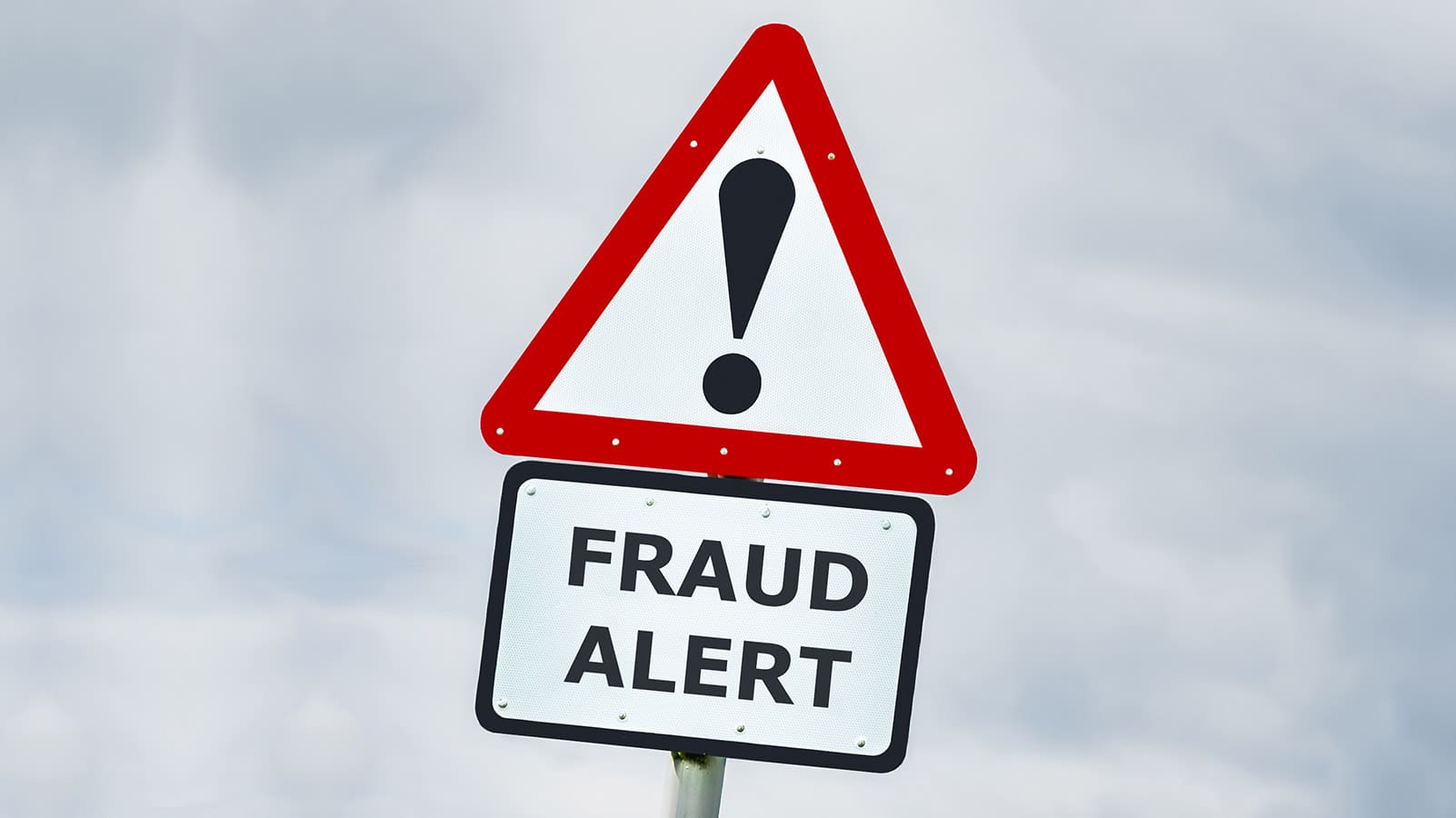A cascade of recent investigations has uncovered a disturbing trend: the fraudulent Social Security numbers (SSNs) that the Mohave Free Press reported about in the March issue are increasingly tied to massive unemployment insurance scams and Medicare and Medicaid fraud, with new revelations pointing to illegal accessing benefits and even registering to vote.
The Social Security Administration’s Office of Inspector General (SSA-OIG) estimates improper payments in Social Security programs at $10 billion annually, with a portion linked to fake or stolen SSNs. The Centers for Medicare & Medicaid Services (CMS) reported over $140 billion in improper payments in 2024, driven partly by fraudulent billing and identity misuse.
Unemployment fraud, which exploded during the “pandemic”, continues to plague states, with the U.S. Department of Labor noting hundreds of millions lost to claims filed with compromised identities. After discovering $382 million in fraudulent unemployment payments since 2020, DOGE has recently identified three blue states as the primary culprits: California, New York, and Massachusetts.
A March 2025 alert from the Department of Health and Human Services’ Office of Inspector General (HHS-OIG) spotlighted a growing tactic: fraudsters hacking email accounts to redirect Medicare and Medicaid payments via electronic transfers, costing millions. Victims like Arizona’s Maria Gomez often discover the breach only after receiving unexpected tax forms for benefits they never claimed, plunging them into bureaucratic chaos. “It’s like someone hijacked my life,” Gomez told reporters.
Hospice fraud, enrolling healthy “patients” with stolen SSNs, has surged, exploiting vulnerable communities. HHS-OIG found that two-thirds of Medicare and Medicaid payers reported frequent electronic fraud attempts in 2024, signaling a relentless onslaught.
A March 2025 town hall in Wisconsin, hosted by the Department of Government Efficiency (DOGE), revealed startling claims about non-citizens exploiting SSNs. DOGE’s Antonio Gracias stated that since 2021, 5.5 million non-citizens received SSNs, with 1.3 million enrolled in Medicaid, a program costing $567 billion annually for 79.3 million people. Gracias suggested this represents an $8 billion yearly loss, as Medicaid is intended for citizens and certain legal residents. More controversially, he claimed DOGE’s sample of voter records found non-citizens registered to vote, prompting referrals to Homeland Security for prosecution. “We’re asking ourselves why,” Gracias said, hinting at systemic flaws or deliberate over- sight. Yet fewer than 100 cases of voter fraud were prosecuted nationwide from 2002 to 2022, per the Heritage Foundation.
DOGE’s co-lead Elon Musk added that SSN issuance to non-citizens spiked from 270,000 in 2021 to 2.1 million in 2024, calling it a “mind-blowing” trend uncovered accidentally during fraud probes.These claims, aired on the All In podcast, have ignited fierce debate.
The Center Square reported that fraudsters use SSNs to secure Medicaid benefits and unemployment payments, often through identity theft or fake credentials. A 2024 CMS audit flagged thousands of improper Medicaid enrollments, including cases where SSNs didn’t match federal databases. Unemployment systems, rushed during the pandemic, skipped robust checks, letting scammers exploit states like Arizona, where $50 million in fraudulent claims were identified in 2023 alone.
Why the vulnerability? Experts blame aging infrastructure. The SSA’s NUMIDENT database, built in 1936, struggles to catch errors like payments to deceased beneficiaries—$298 million over two decades, per a 2021 OIG report. Medicare’s vast provider network and unemployment’s decentralized systems create loop- holes for fraudsters, who now use AI to forge identities and cryptocurrencies to launder profits. “It’s a cat-and-mouse game, and we’re playing catch-up,” said fraud analyst Karen Fletcher. The Government Accountability Office estimates $233 billion to $521 billion in government-wide fraud, underscoring the scale of the challenge.
As HHS-OIG’s Christi Grimm warned, “Every stolen dollar undermines trust and hurts those who need help most.” Without bold reforms, the shadow of fraud will loom large.

